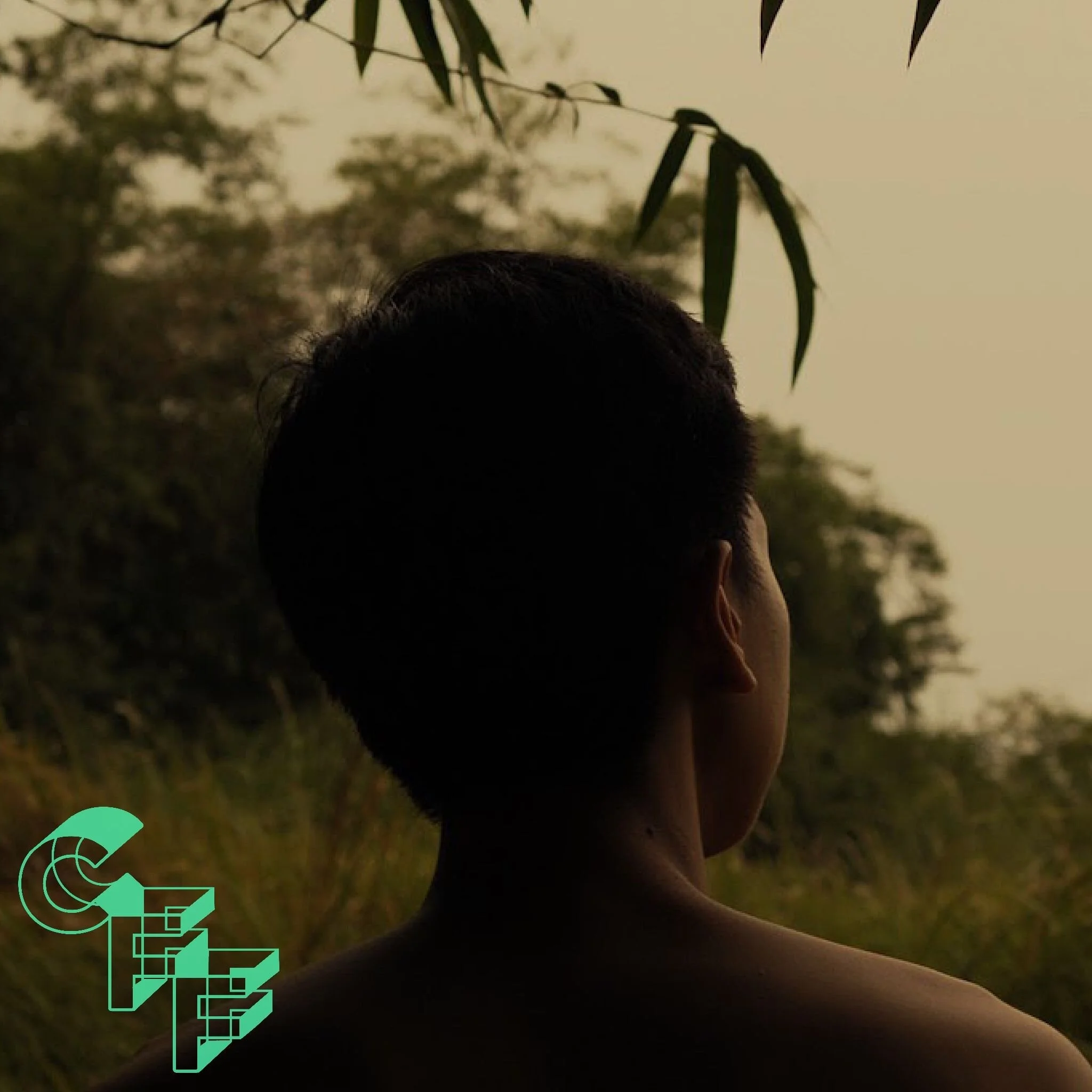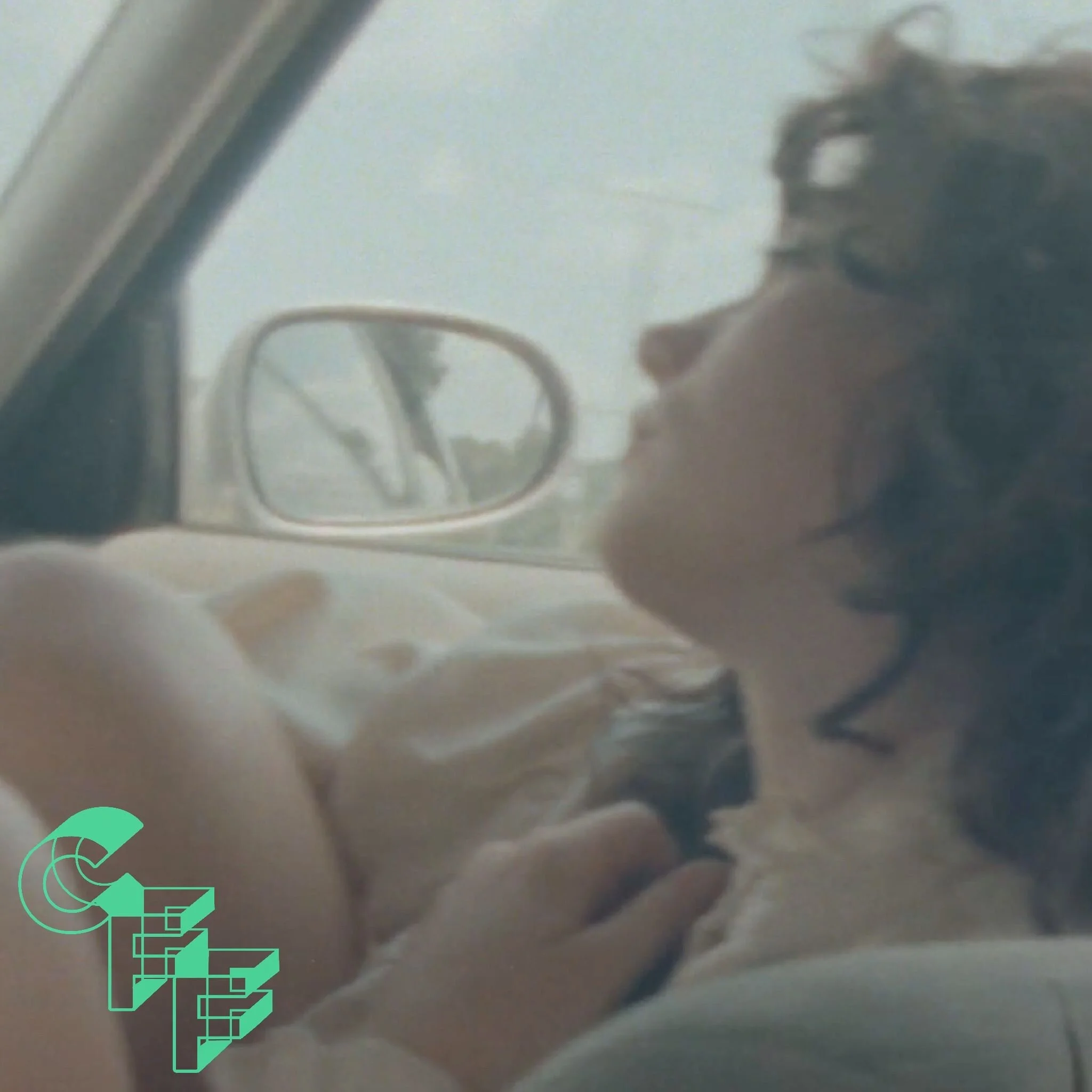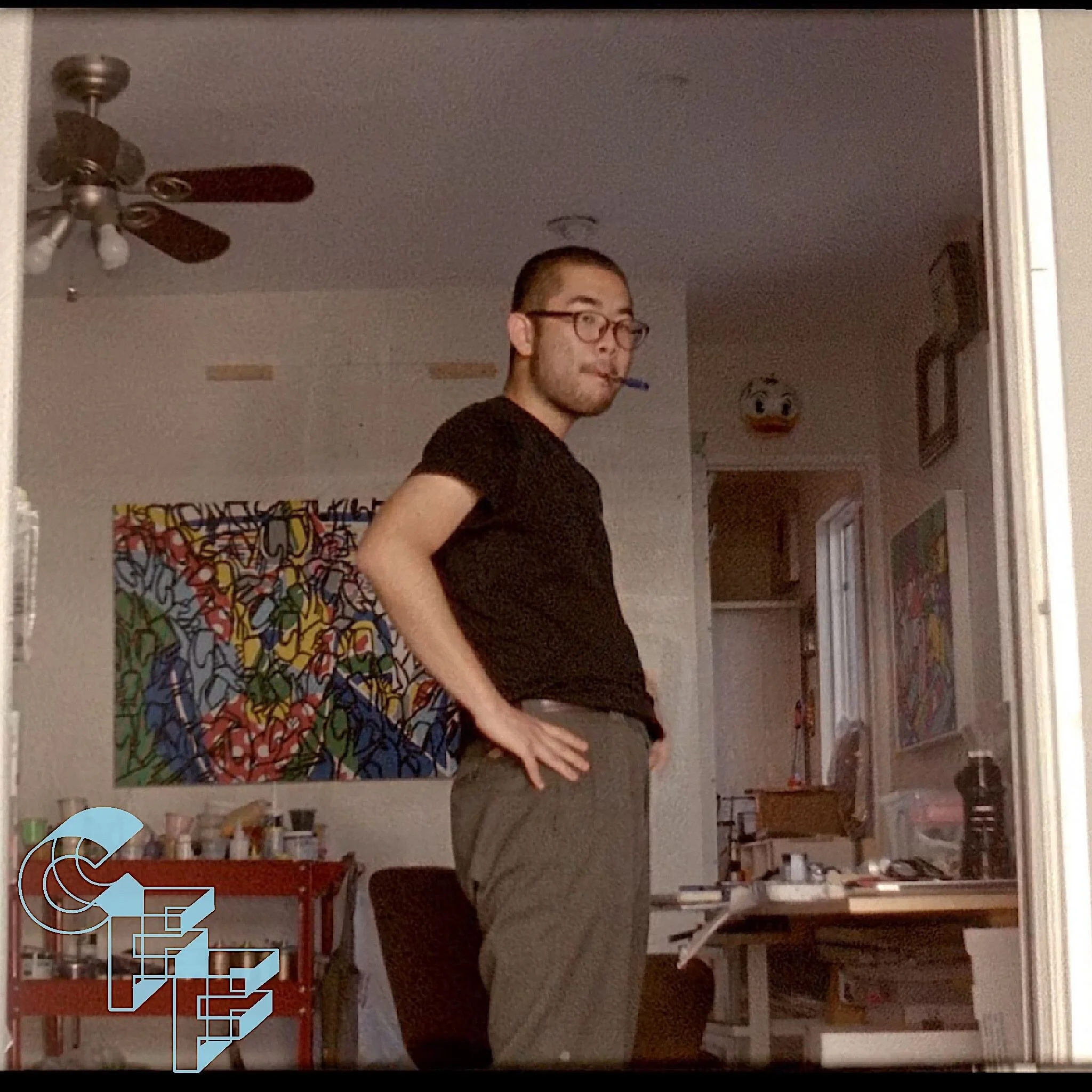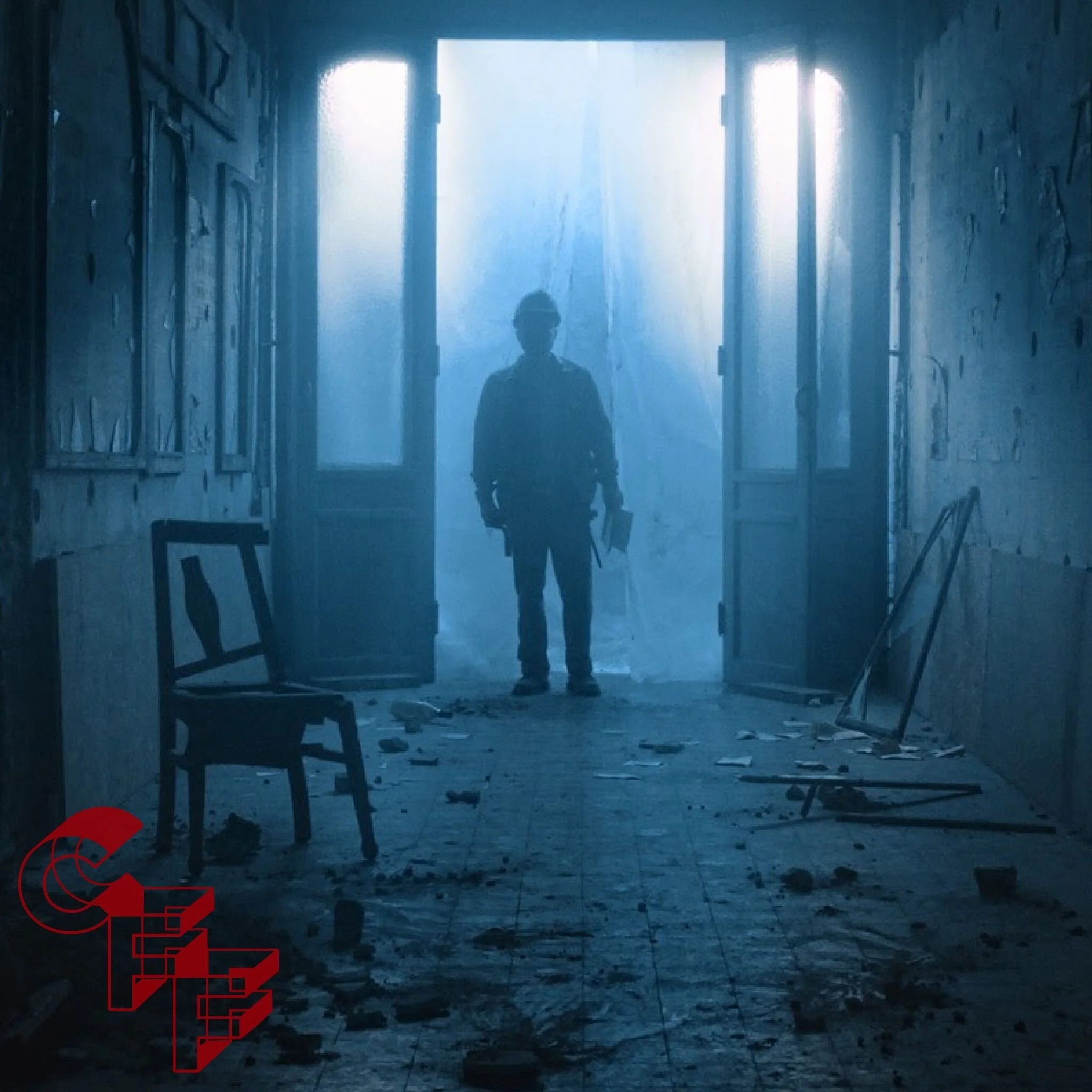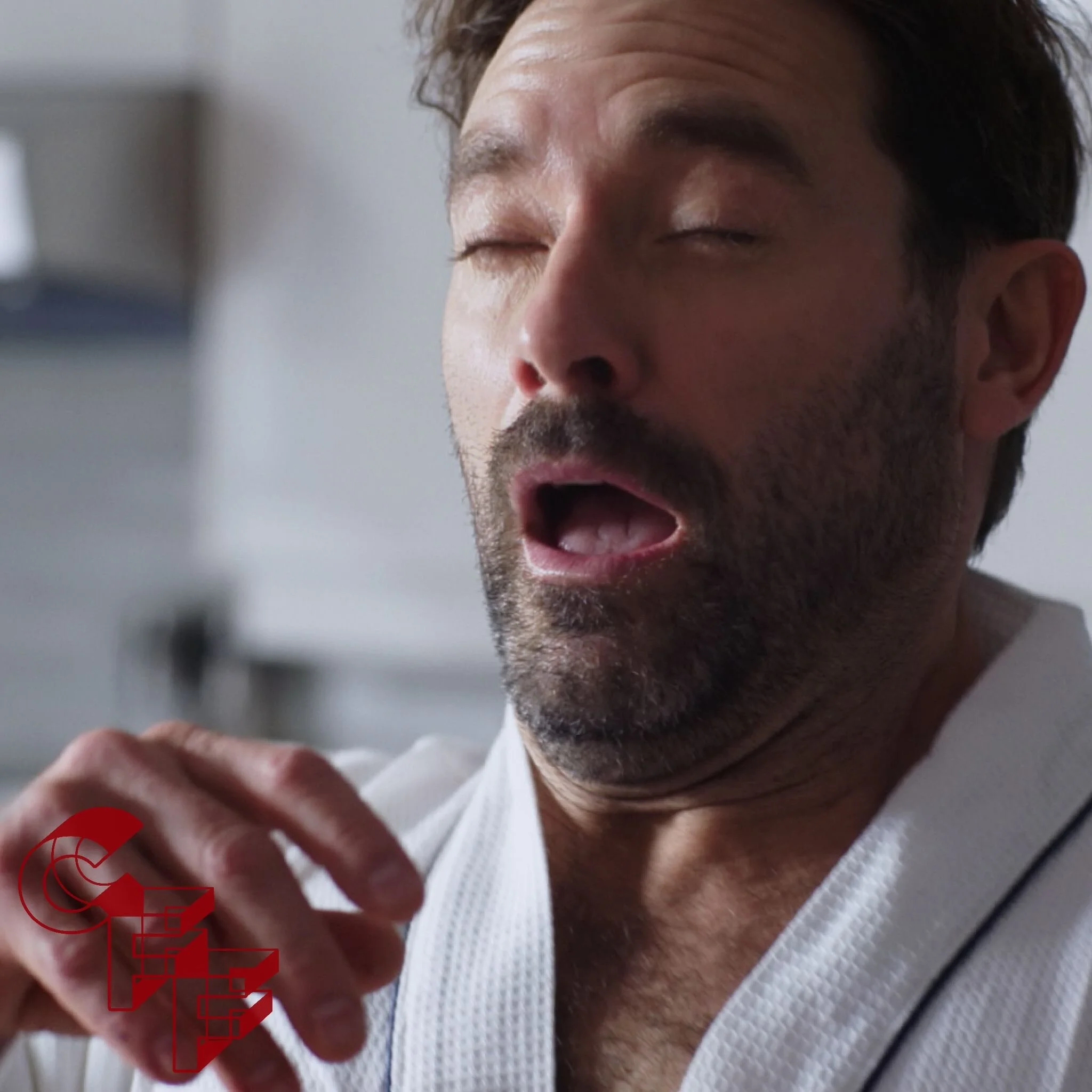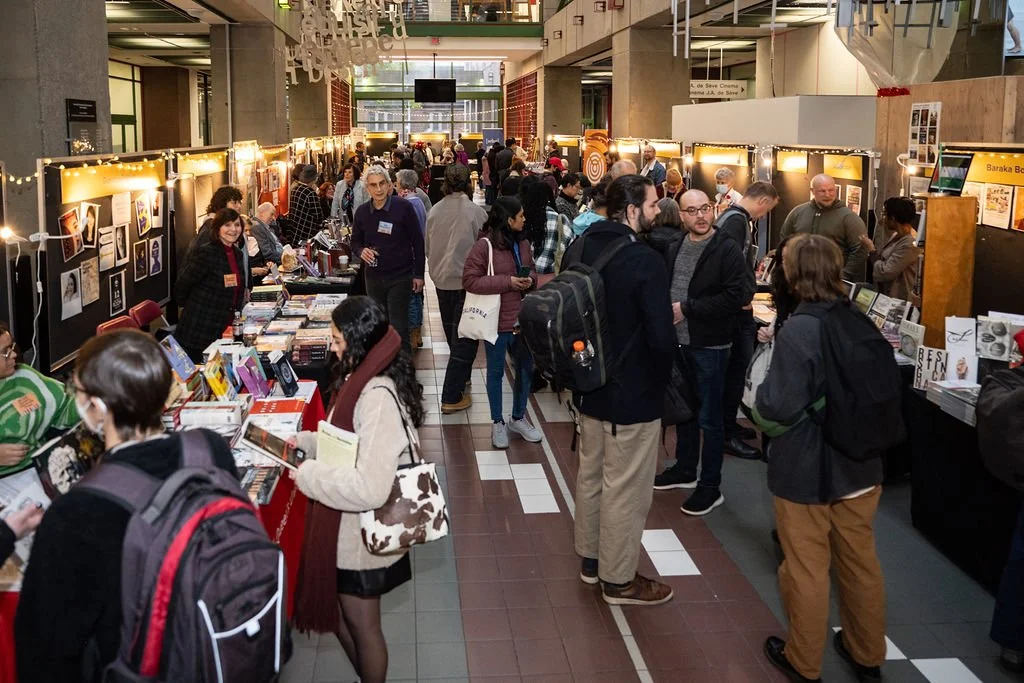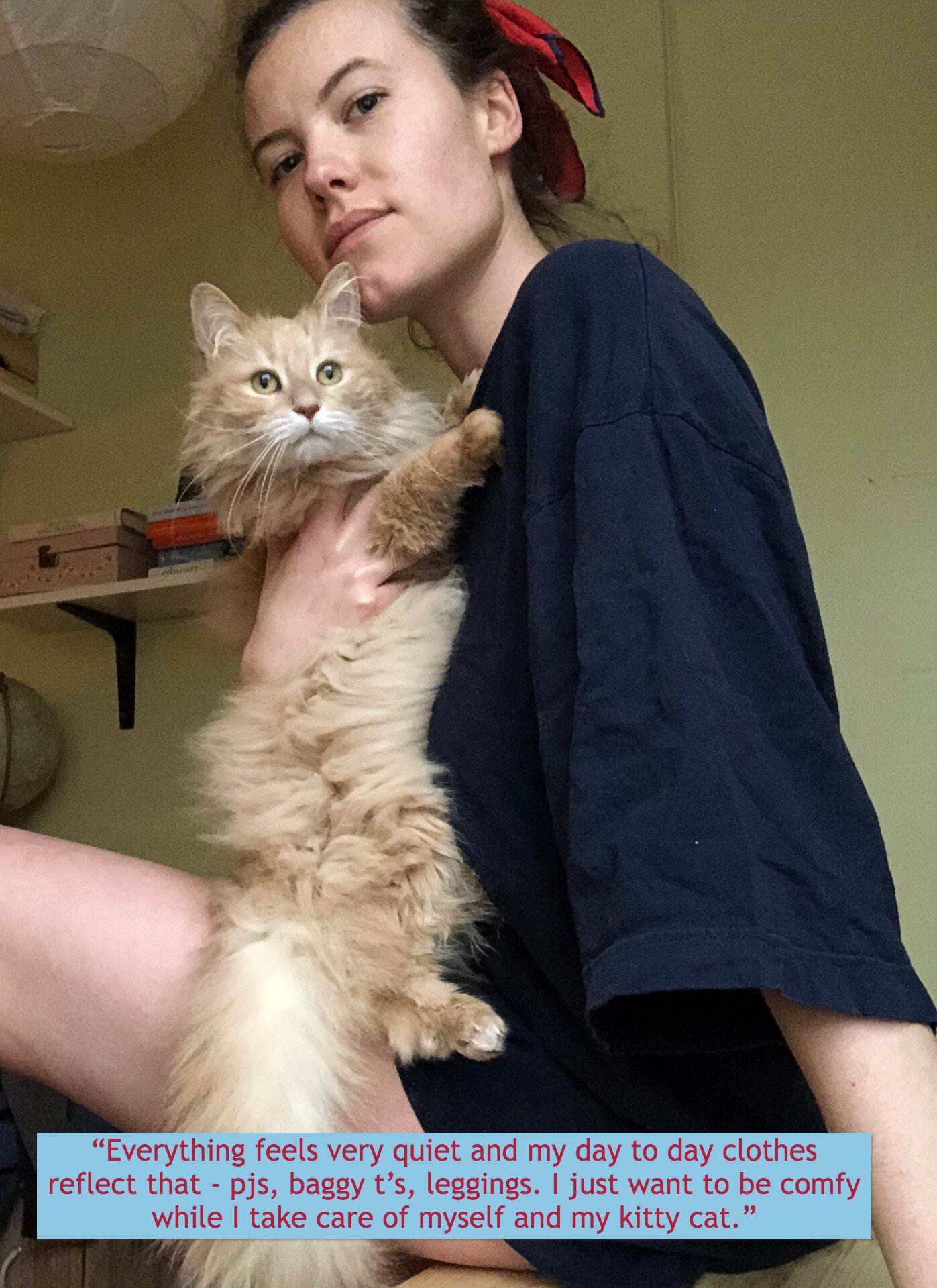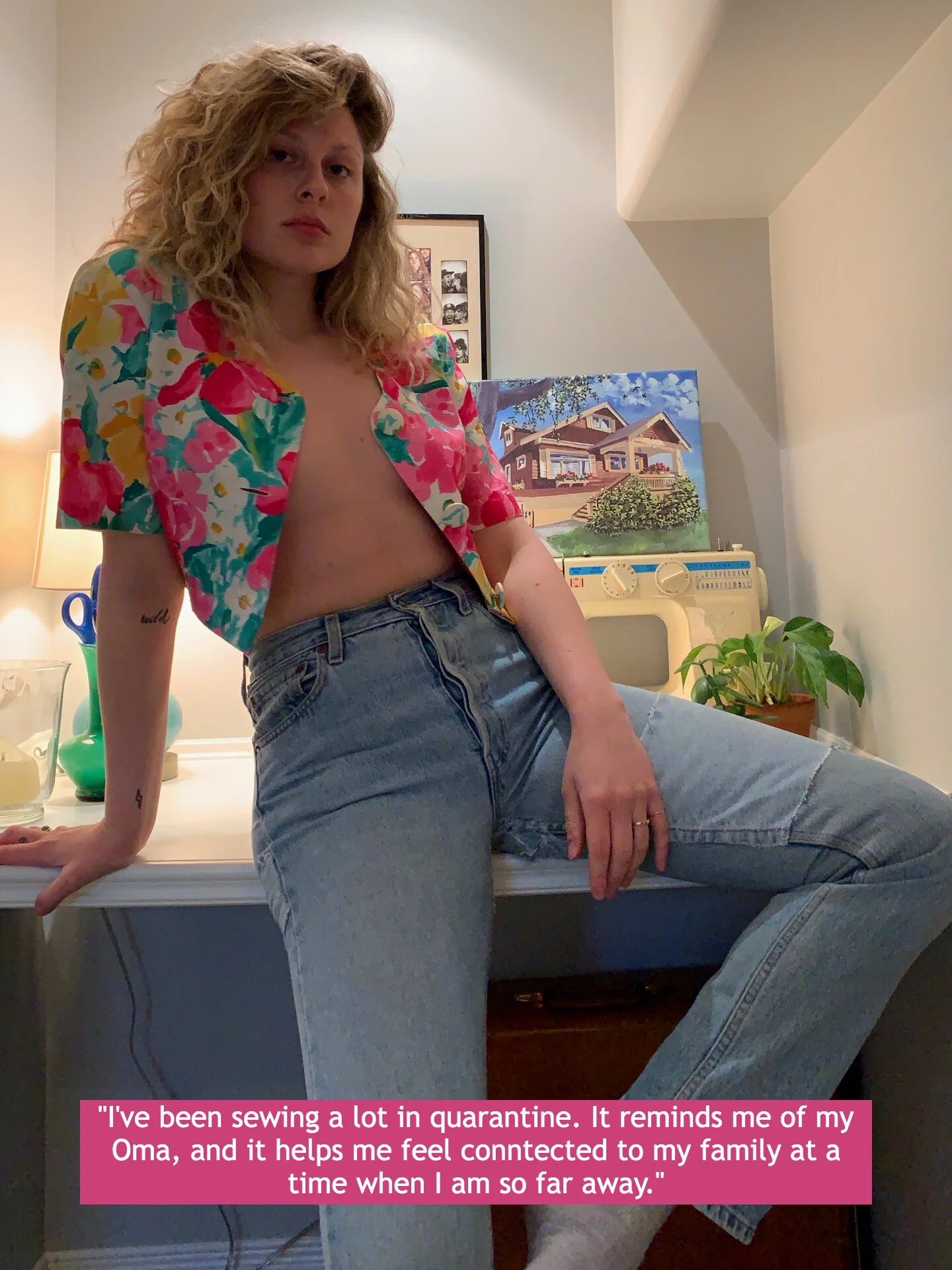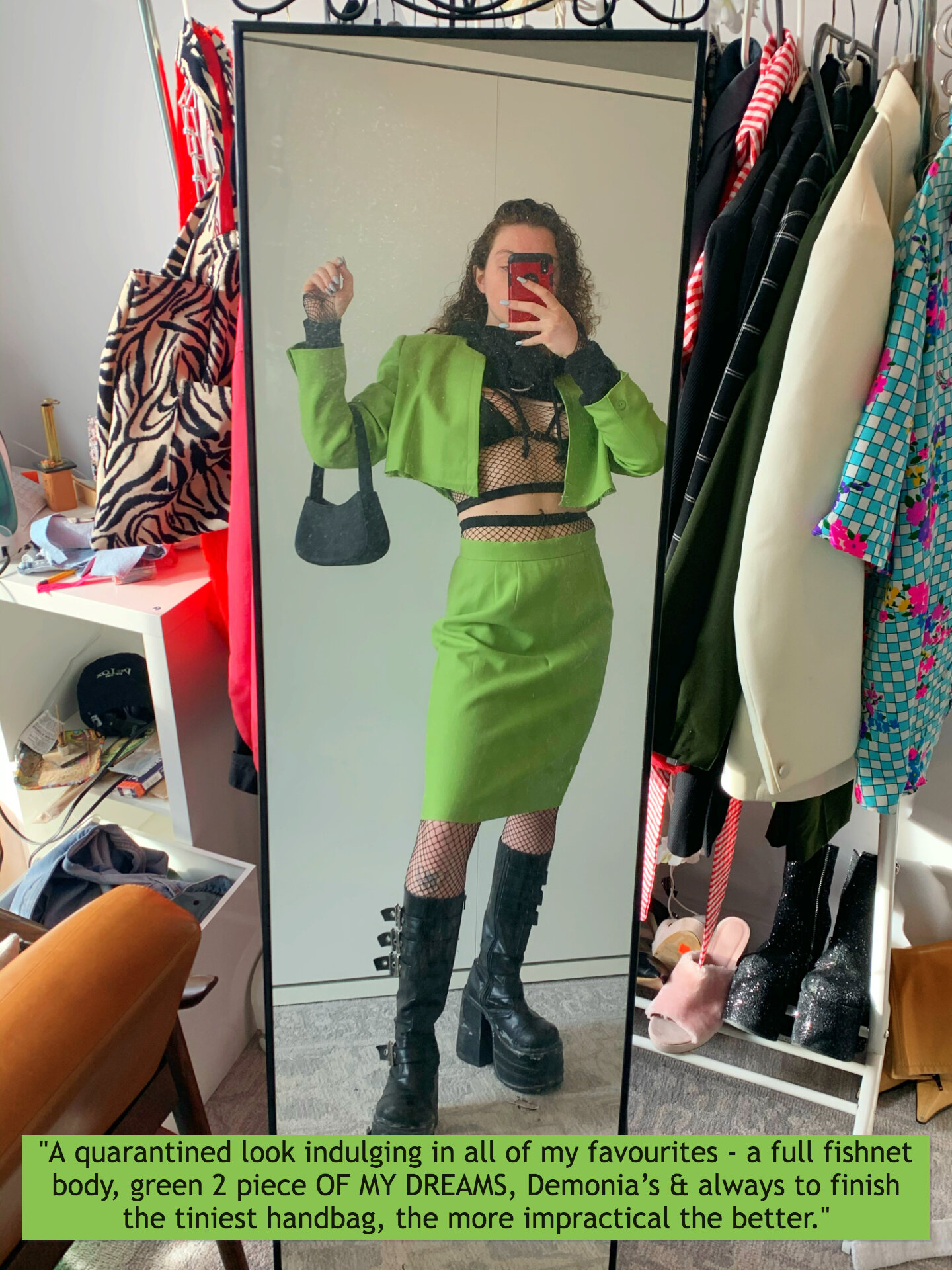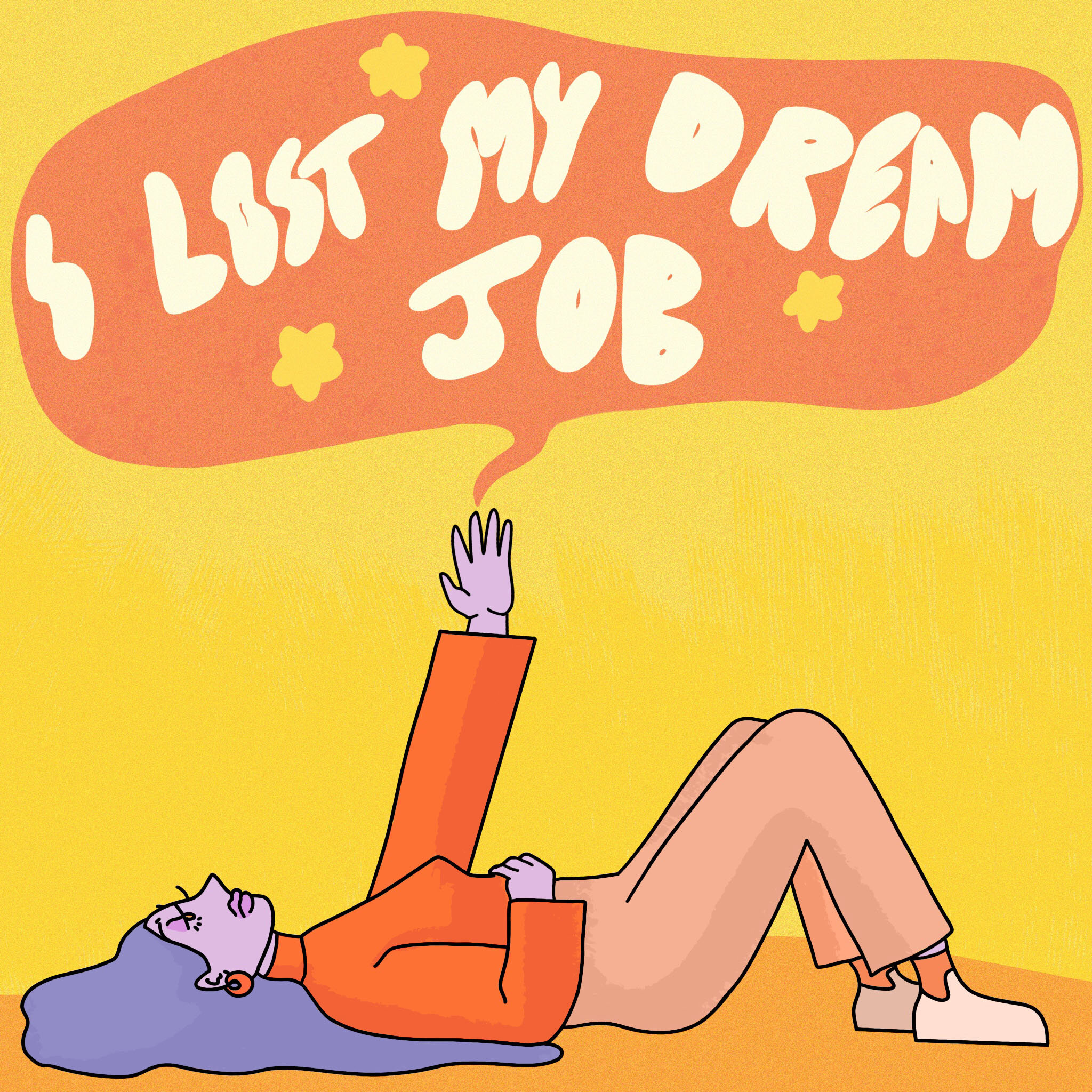If a musician can get to their third album, it will be their best. The first album is the beginning, everything leading up in the artist’s mind until they express it. The second album is a disappointment in comparison: a failed promise of potential, unused or unsure. But failure is unavoidable if you want to get anywhere worth going. If a band can push through the discomfort of the sophomore slump, they will get somewhere creatively they were previously unable to reach: London Calling by The Clash, Let It Be by The Replacements, Dookie by Green Day, Dig Me Out by Sleater-Kinney, The Black Parade by My Chemical Romance, 24 Hour Revenge Therapy by Jawbreaker, Third by Big Star, Double Nickels on the Dime by The Minutemen. Birth, death, rebirth. Genius.
Morbid Stuff is the third album by Toronto pop-punk band PUP, an acronym short for “Pathetic Use of Potential.” I heard it for the first time when my soon-to-be ex-partner played it over the speakers in our basement apartment in Kingston, Ontario, shortly after it was released in April 2019. It was good, I thought, but not great, or particularly meaningful to me. PUP always felt like a band I should like, but didn’t. It’s not because I don’t love pop-punk - I have a Green Day tattoo, and a pretty deep-cut one at that. Something about the way PUP sounded just didn’t resonate. They reminded me of a Canadian Blink-182 for millennial bros: a little too overproduced, a little too clever. I thought their album covers and merchandise were gauche and garish. Definitely not for me, a punk snob proudly perched on her high horse.
My partner and I broke up two months later, on the first day of July. It was a difficult but necessary split. I moved back in with my mom, in Ottawa, Ontario. A friend I’d fallen out of touch with invited me to see PUP play at Bluesfest a few days later. I said yes, just grateful for the invitation.
Walking into the festival, I saw hordes of teenagers moshing in a field to the band screaming and shredding, still full daylight outside. “This is a weird way to see PUP, but whatever,” lead singer Stefan Babcock said. Something began to click in my brain about the band. I danced to the music, too-quiet on the festival speakers, sang what lyrics I knew, and felt part of me returning to myself.
I listened to the album almost every day after that; its jangly riffs opposed with lyrics describing a terrible, all-encompassing malaise. It was comforting to hear, right after I woke up in the shower, or in the middle of the day walking around the suburbs, or late at night on the bus ride home. I texted lyrics from it to friends at random, as a way of keeping in touch. The album gave me something to hold onto while I was “drifting on a dark and empty sea of nothing,” as the song “Kids” goes, grieving what I lost, unsure of where I was going next.
Unfortunately, Morbid Stuff only became more pertinent to me in September, when my step-father passed away after living with Alzhiemer’s for the last five years of his life. I felt like I had already grieved him so much: when he was diagnosed, when he became unable to carry on a conversation, when he had to move out of our family home and into a long-term care facility. My family agreed that it was for the best, that he passed when he did, before things got even worse, but that didn’t make it any easier. Grief is not a linear process, and neither is healing.
I have long sought out music and movies and writing that are “sad,” “uncomfortable,” or “a bummer.” It’s the main way I have coped with living with anxiety and depression for the majority of my life. It’s the reason I love The Mountain Goats, Fleabag, Chris Gethard, The Bell Jar, BoJack Horseman, the movies of Ingmar Bergman, Normal People by Sally Rooney, the entire genre of emo music and now PUP; a band that makes music about the harsh realities of choosing to be alive in a world that often feels like a nightmare.
Alienation, frustration and loneliness are central themes of PUP’s body of work, as they are for the majority of their pop-punk predecessors. But this loss, anger and fear is expressed most strongly on Morbid Stuff. “See You At Your Funeral” makes me think about how badly it hurts when something is over, even though you know it’s for the best. “Kids” makes me think about how depression, often characterized as feeling “blue,” is more akin to nothingness. “Bare Hands” makes me think about how good it can feel to let someone manipulate you, even when you know they shouldn’t. “City” makes me think about how sometimes you choose to live somewhere you hate because the person you love is there. And “Full-Blown Meltdown,” with its full-blown metal breakdown consumed by a Satan-summoning power riff, makes me want to punch something really hard, in a good way.
My favourite song on the album changes depending on the mood I am in and the weather outside. Right now, it’s “Closure,” a song firmly in the middle of the record. “Closure” is a song about looking for something that doesn’t fully exist, but that one can search for and find in fragments. What do you do when someone or something you love isn’t around anymore? More than anything, grief feels like disbelief, aimlessness, a forced re-routing. And if that’s what grief is, then closure is the off-brand Band-Aid that refuses to stick to your skin, making the pain worse in its irony. As Babcock sings, “I’m looking for something to keep this scab from coming off.”
It’s easy to try and keep the scab in place with things that feel good on a superficial level; it’s much harder to find something that will actually make the Band-Aid stick. You do not get better through consuming art about mood disorders alone. When I saw PUP for the second time this year in October, I was comforted by the fact that the day before I had gone to therapy, for the first time in years. The day after, I finally asked my doctor about trying antidepressants. Therapy has been amazing for me; antidepressants were a total bust. But I am trying things that have worked for other people. I have shed the idea that I am above known solutions. I no longer think that I must fix myself by myself.
In interviews, PUP have made it clear that by writing about mental illness, they are not seeking to fetishize it. The lyrics of “Full-Blown Meltdown” deal with this in particular. “Self-destruction is alluring,” Babcock sings, a sentiment that had me hook, line and sinker as a sad teenager. These days, however, I am more interested in self-preservation and sincerity. As alluring as destruction and nihilism are, they not only hurt you, but everyone around you. Artists are still sold the myth that the only way to make great art is through suffering, a pain that is the key to their genius that must be maximized and exploited. It is a foundational myth of art, and rock music in particular. It is a lie that needs to be unmasked immediately. In the words of music writer and poet Hanif Abdurraquib, “No one is making their best work when they want to die.”
If a musician can get to their third album, it will be their best. Or will it? Third albums are both preceded and followed by a body of work. The best album doesn’t have to be the third; it can come at any point in a career. The most important thing, for artists and non-artists alike, is simple: keep going. Joni Mitchell’s Blue is a fourth album. Elliott Smith’s Figure 8 is a fifth album. Prince’s Purple Rain is a sixth album. Guided By Voices’ Bee Thousand is a seventh album. Bruce Springsteen’s Tunnel of Love is an eighth album, and it is my favourite, even if it is no one else’s. ABBA Gold is a GREATEST HITS album and yet, it is the best one.
You can do good no matter where you are.
Alanna Why is a writer, musician and avid library-patron based in Ottawa. You can follow her on Instagram and Twitter @alanna_why.
Related Articles

